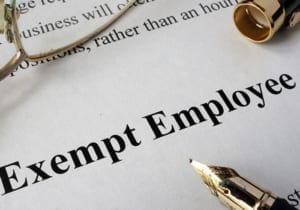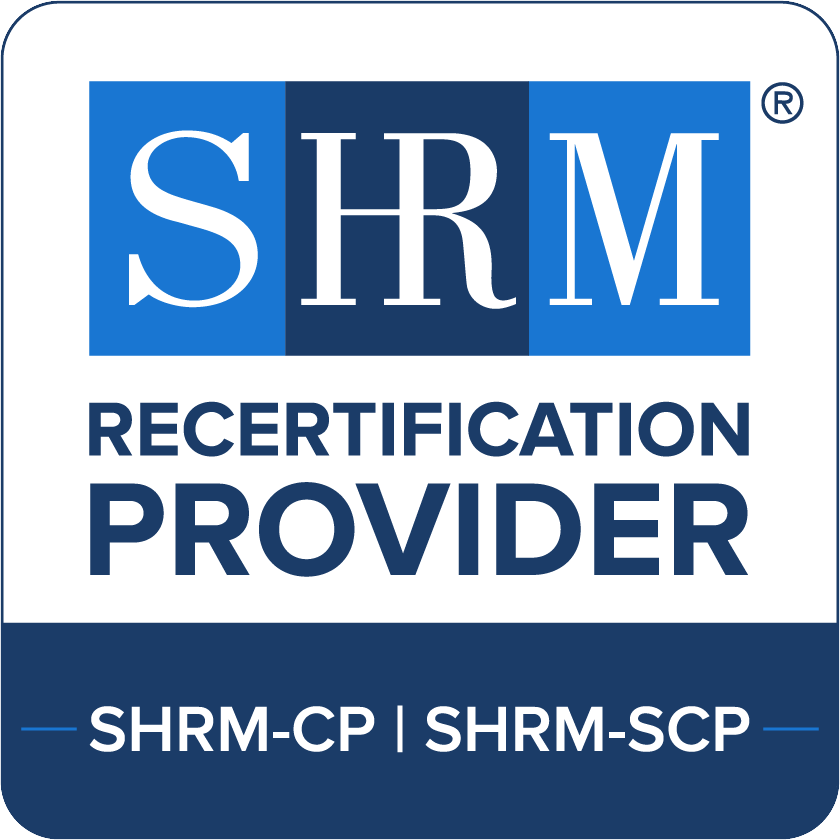Increased Federal Salary Threshold for Exempt Employees Takes Effect on January 1, 2020

The new federal overtime rule does not make any changes to the “duties tests” for the overtime pay exemptions, which means that, in addition to earning at least $35,568/year, employees must meet the job duties tests for the administrative, executive or professional exemptions in order to be exempt from earning overtime pay. Employees may also qualify for the “highly compensated employee” exemption if they earn at least $107,432/year.
One change that may be useful for some employers is that certain types of incentive pay may now be used to meet up to 10% of the exempt salary threshold. Specifically, commissions, non-discretionary bonuses and other incentive payments up to $3,556.80/year may be counted on top of an employee’s base salary in order to determine if the employee meets the federal exempt salary threshold.
Does this new rule matter for employers in New York State?
Not really, because the minimum salaries for exempt employees working in NY are higher than the new federal requirement:
- $58,500/year or $1125/week in New York City
- $50,700/year or $975/week in Nassau and Suffolk Counties
- $46,020/year or $885/week in the rest of New York State
However, if you have employees working in New Jersey, Connecticut or other states, the new federal salary threshold will apply to them.
(Note: The rates above are effective as of 12/31/19. California, Alaska and Maine also have higher minimum salaries for exempt employees than the new federal threshold.)
What should employers being doing to prepare for this change?
- Determine whether you have any exempt employees who will not meet the new federal salary threshold (or the existing NY state thresholds, if applicable).
- Decide whether you will reclassify those employees as non-exempt or raise their salary to the meet the new thresholds.
- If you are concerned about incurring increased costs due to overtime pay, consider shifting work to other employees or hiring more part-time workers to avoid having non-exempt employees working overtime.
If you believe that you have employees who are misclassified based on their salaries or their job duties, this is a good time to do an internal wage and hour audit and correct those misclassifications, because you can explain to employees that the audit and any resulting reclassifications are being done in response to the impending changes in the law.











